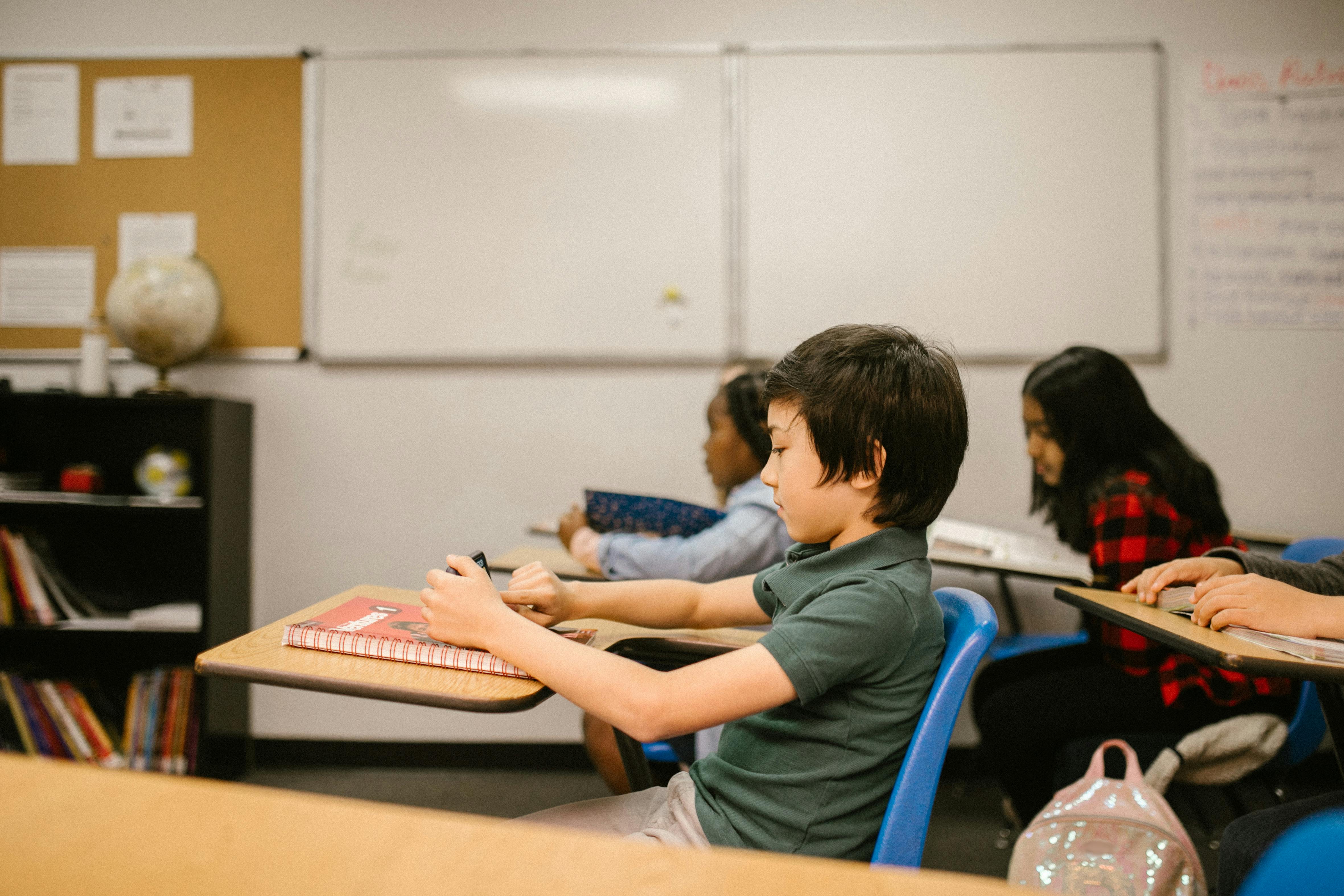Although it is technically about bird flu and is therefore now out of date (perhaps), this book is still quite useful. It has very little technical or medical information. It focuses on surviving the social and psychological problems that a worst-case scenario flu pandemic would cause.
The first five chapters are generic disaster preparedness tips: water, food, loss of natural gas and electricity, sanitation, and protecting your identification and other records.
Therefore, this information could save the life of anyone experiencing some type of widespread disaster. This didn’t happen with bird flu (although it still could) and it probably won’t happen with swine flu either. But it might have helped people in post-Katrina New Orleans. It would help people here in St Louis when we experience periodic power outages.
Since TIME has reported that 91% of Americans live in areas threatened by potential earthquakes, floods, storms, fires, and terrorist attacks, we need this information.
One important section is about getting involved with your community. The publisher and author obviously wanted to avoid the “stock up on guns and stay in a bunker” mentality, while acknowledging that communities and neighborhoods might need to protect themselves from dangerous strangers.
Somehow I doubt anyone implemented these suggestions during the bird flu scare. The people who were really preparing for a worst-case bird flu pandemic seemed to be the storage types, though some acknowledged that they couldn’t keep their hungry neighbors out. And people who did not prepare for their own families were not likely to help make plans for their towns or neighborhoods.
However, if there had been a massive social collapse, I think many communities would have cooperated.
There are also chapters on dealing with the psychological stress of staying inside your home for long periods of time, caring for sick people, and mourning the dead.
I don’t think you can really prepare for the last two, but having a good supply of books, electronic game batteries, board games, puzzles, toys, and musical instruments on hand for family recreation is a good idea.
The book also talks about running down the hills, and the advice is to prepare ahead of time, and only if you have family or friends in the country to run. And you’d better make sure they agree to take you in.
Or you could have your own country spot, like a second home on a lake or a cabin in the woods. However, getting there can be dangerous. And you may find “your” place already taken by someone who doesn’t want to share.
Weapons are never mentioned in this book, but they obviously have a place.
Not the last word on disaster preparedness, but plenty of information that might come in handy one day.
